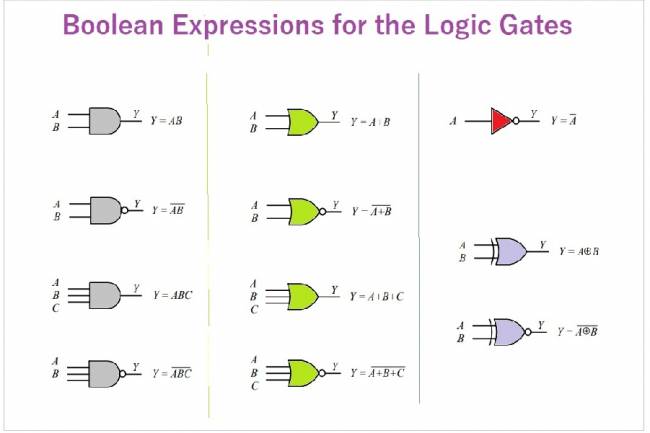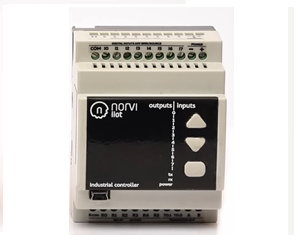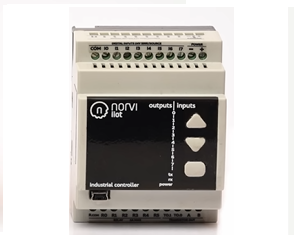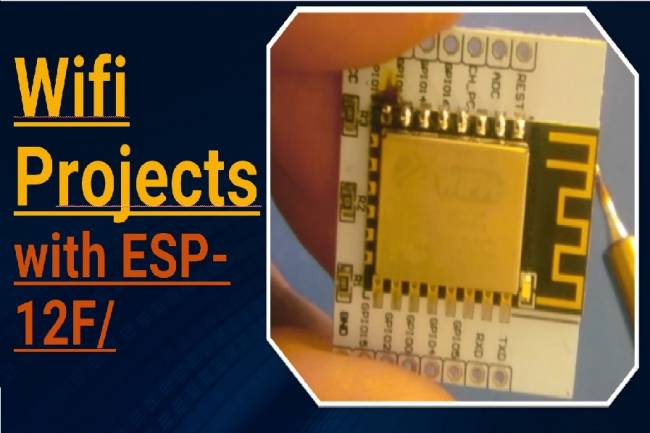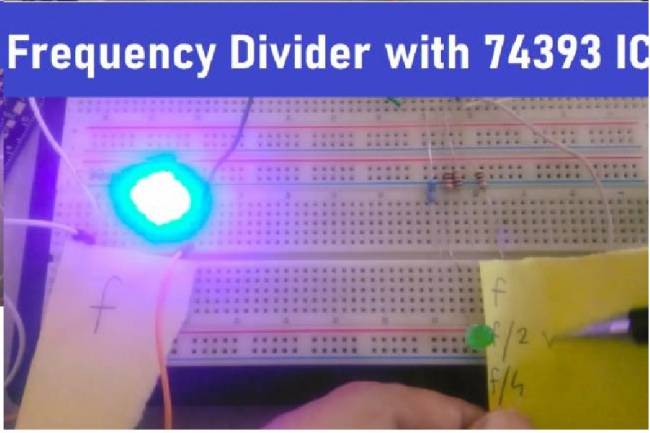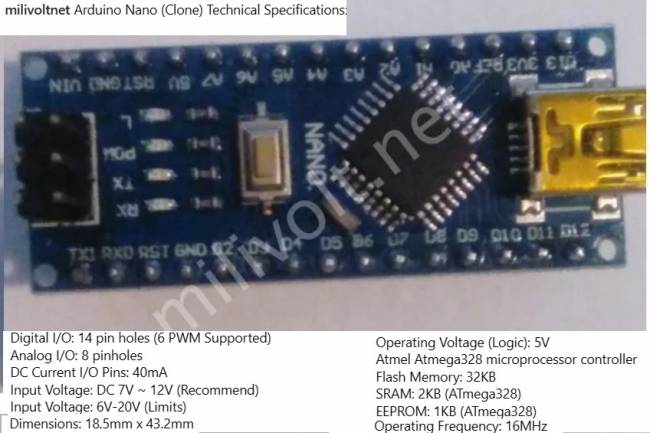
What is PSK (Phase Shift Keying)?
PSK (Phase Shift Keying) is another type of modulation used to transport digital data in wireless or wired environments. PSK modulation uses phase changes in signal waveforms to carry data bits.
In PSK modulation, the "1" or "0" states of digital data are carried with a certain phase change. For example, a 0 degree phase change represents the "0" bits, while a 180 degree phase change represents the "1" bits.
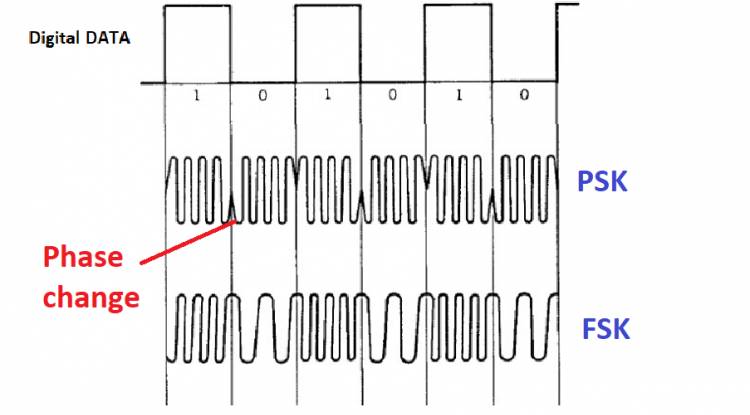
These phase changes are detected by the receiving device and the original digital data is recovered.
What is the difference between PSK and FSK?
In a previous technical article, we talked about the FSK modulation type. You can read that article again: What is Frequency Shift Modulation (FSK)?
PSK modulation is similar to FSK modulation, but unlike FSK, it allows for faster data transmission rates. PSK modulation is especially used in applications that require high speed data transmission, for example it is often used in wireless communication technologies such as Wi-Fi, Bluetooth, GSM, GPRS, UMTS and LTE.
There are several different types of PSK modulation, these include BPSK (Binary Phase Shift Keying), QPSK (Quadrature Phase Shift Keying), 8PSK (8-Phase Shift Keying) and other modulation types involving higher phase shifts.



